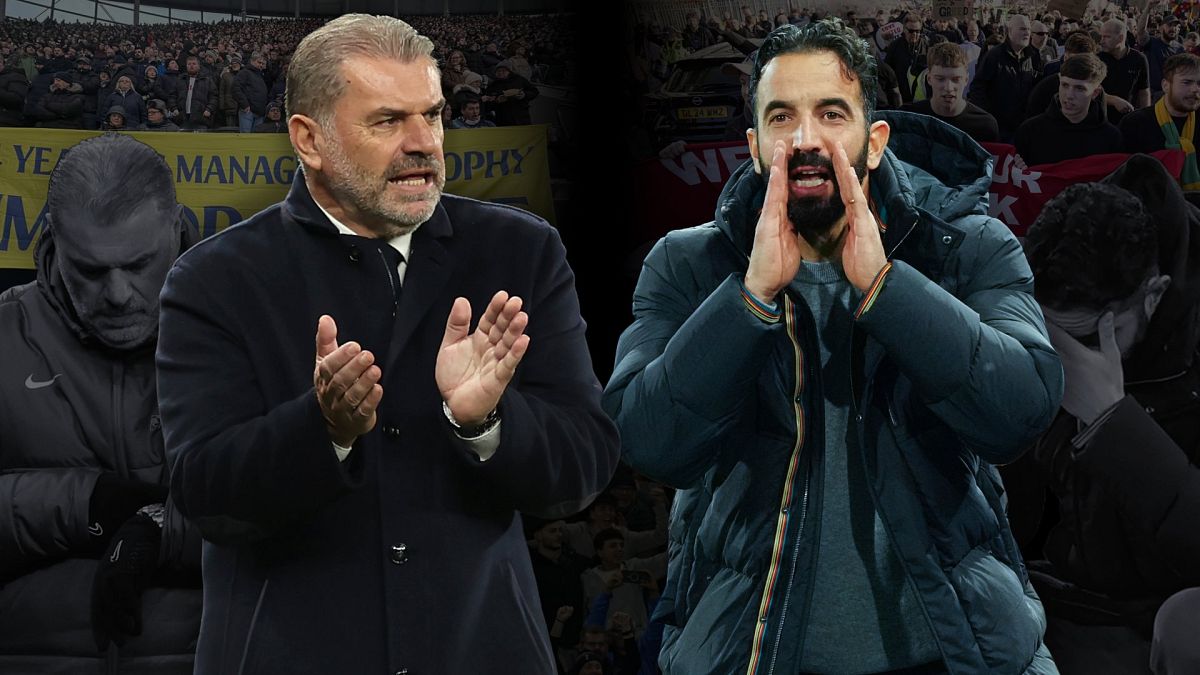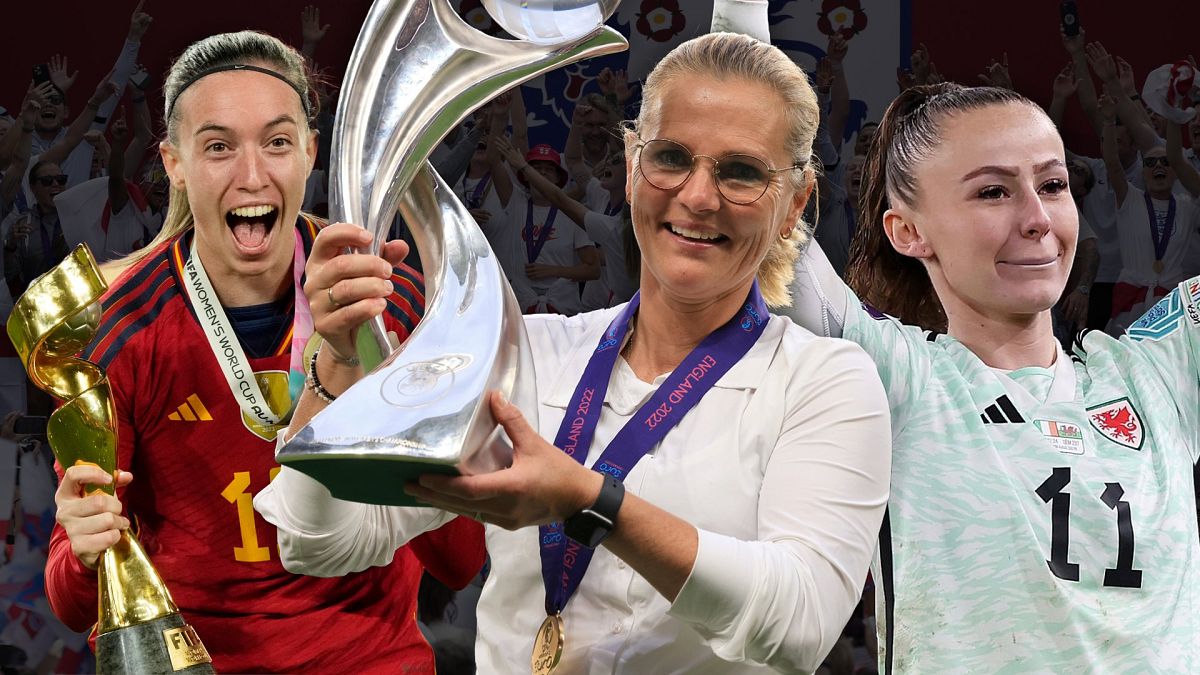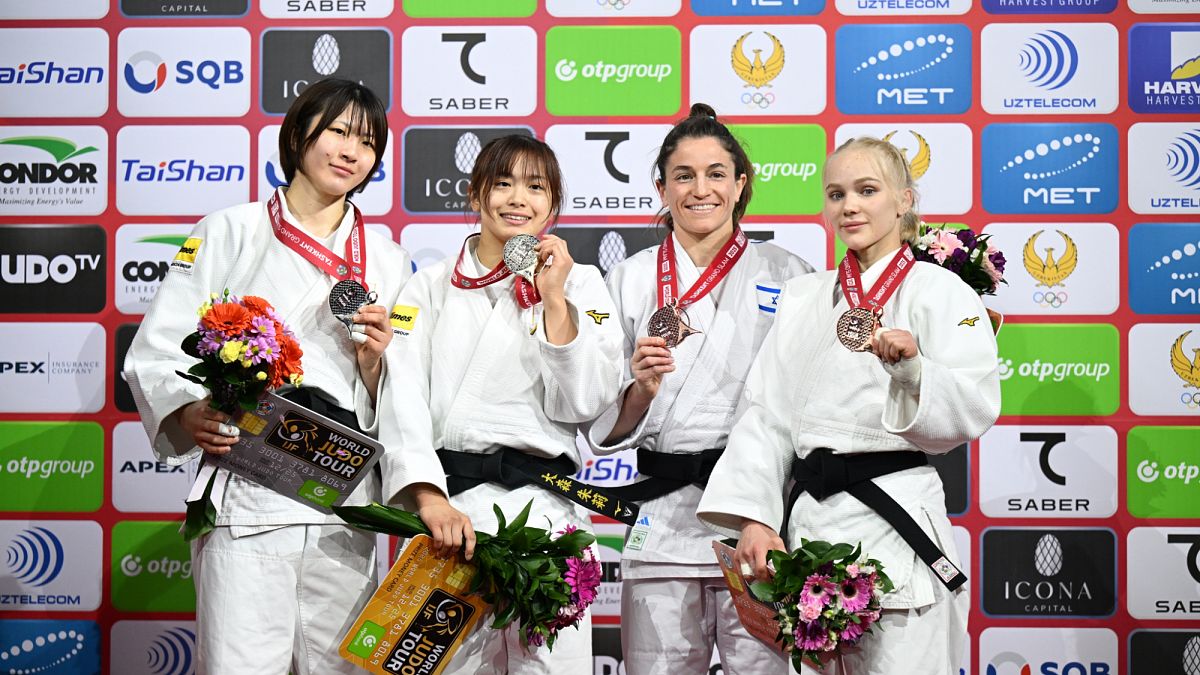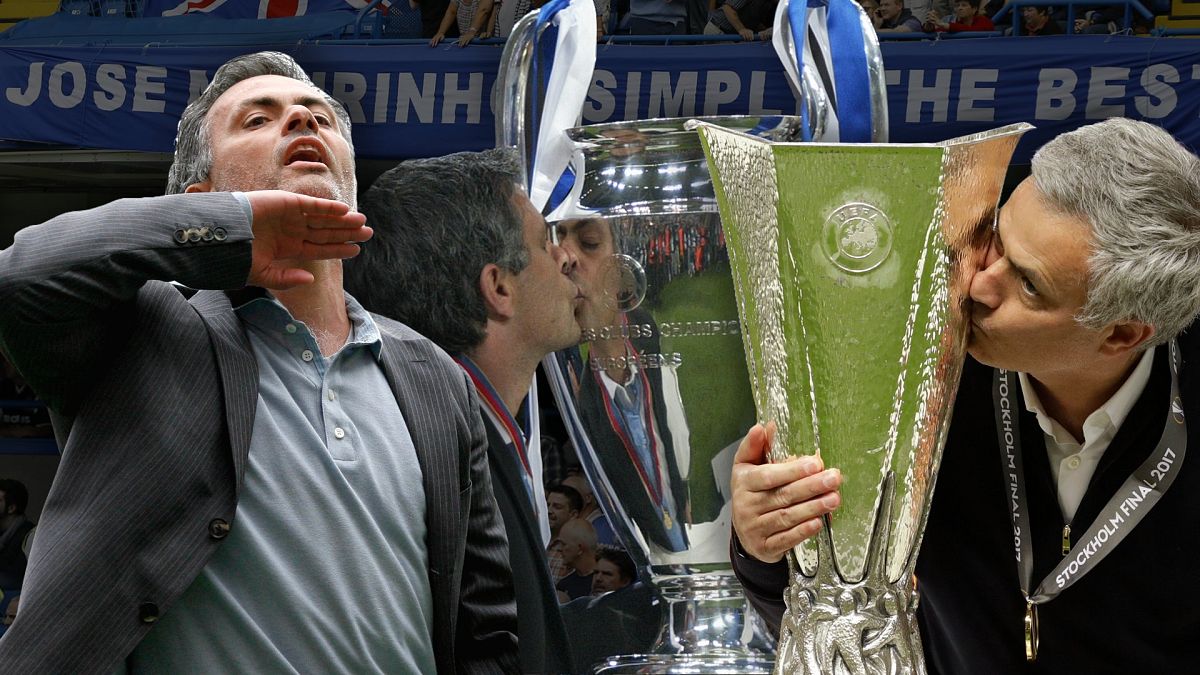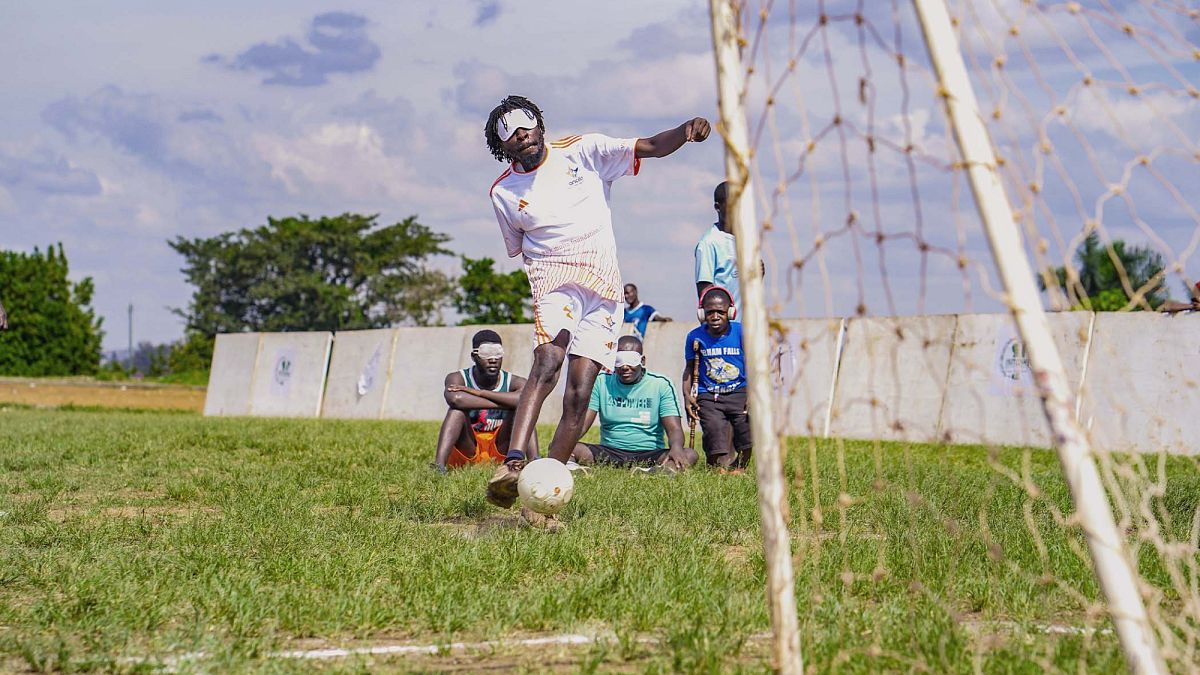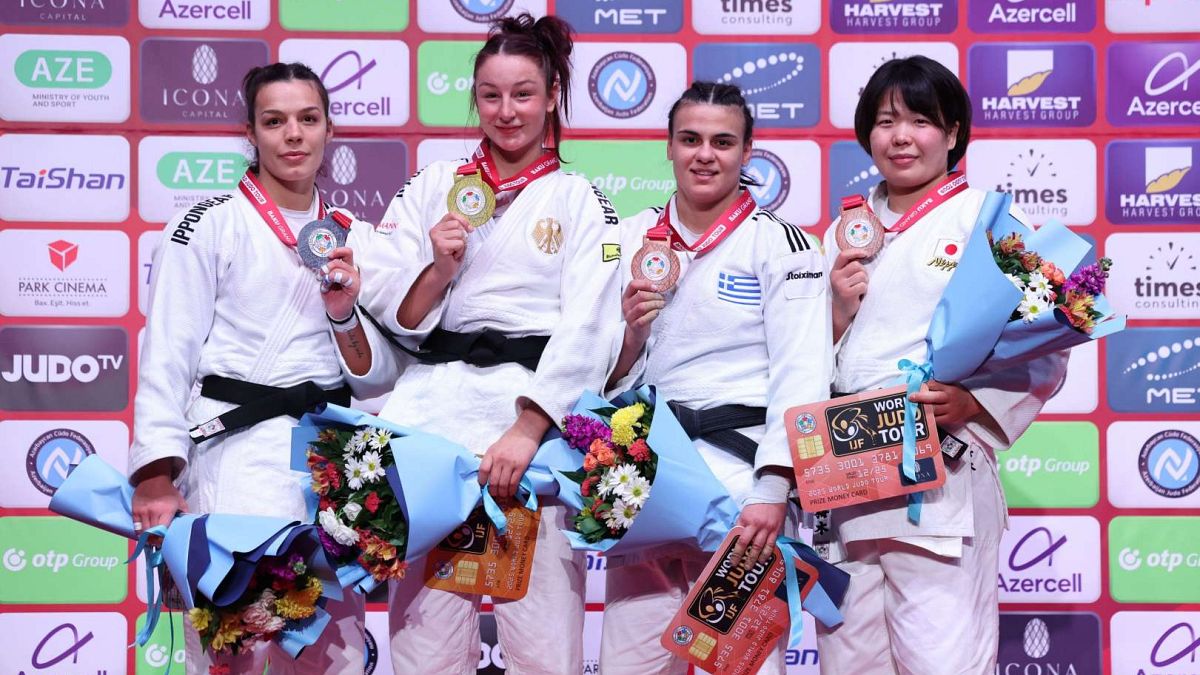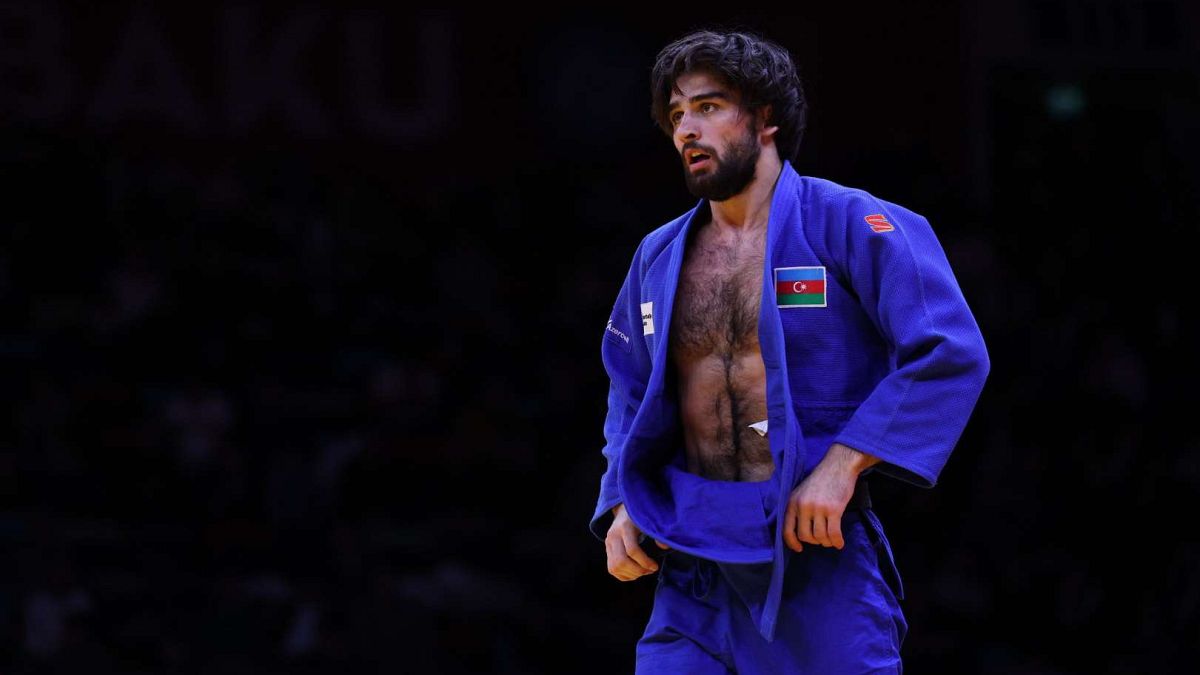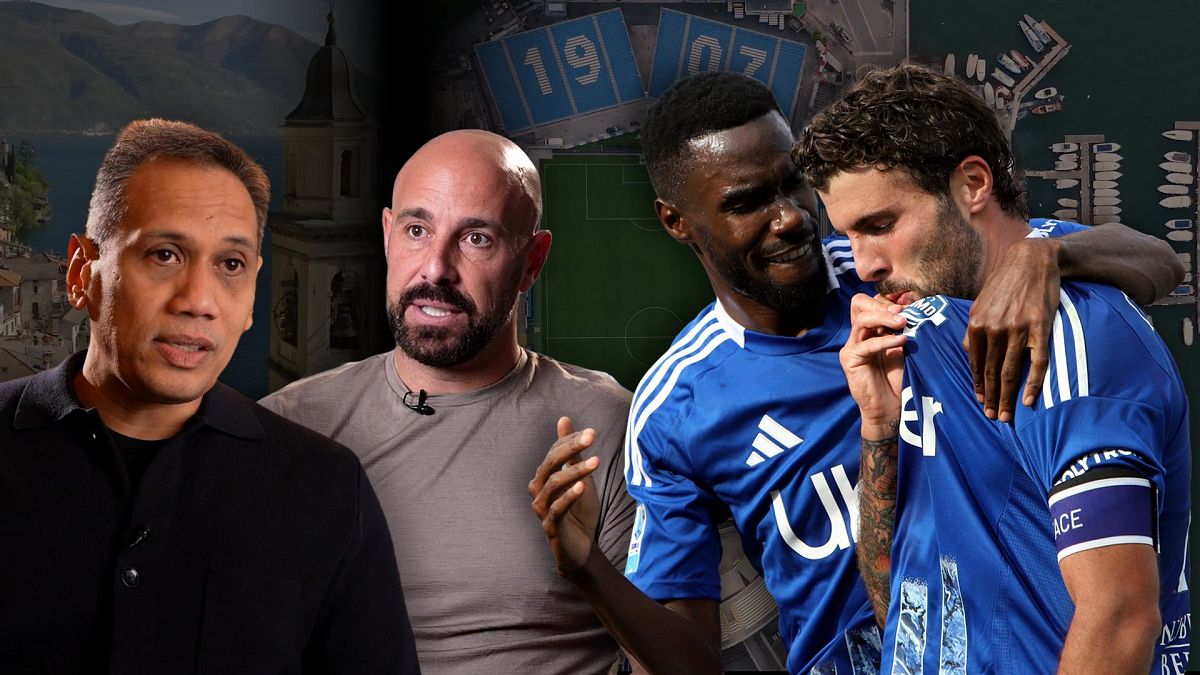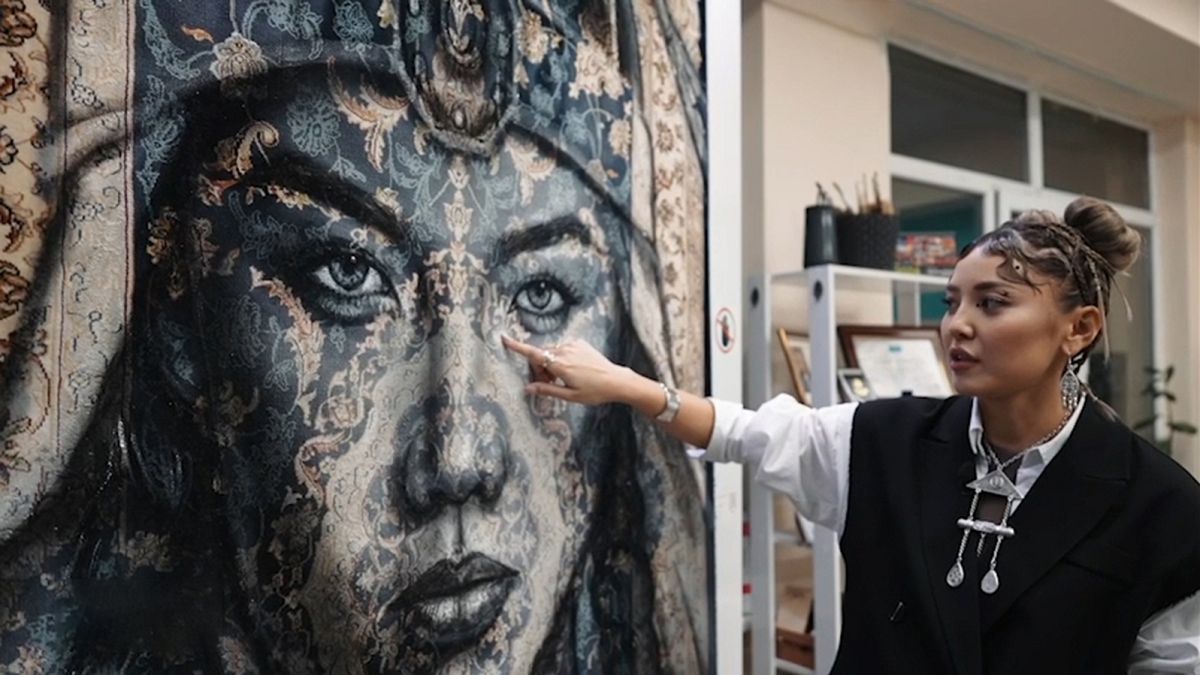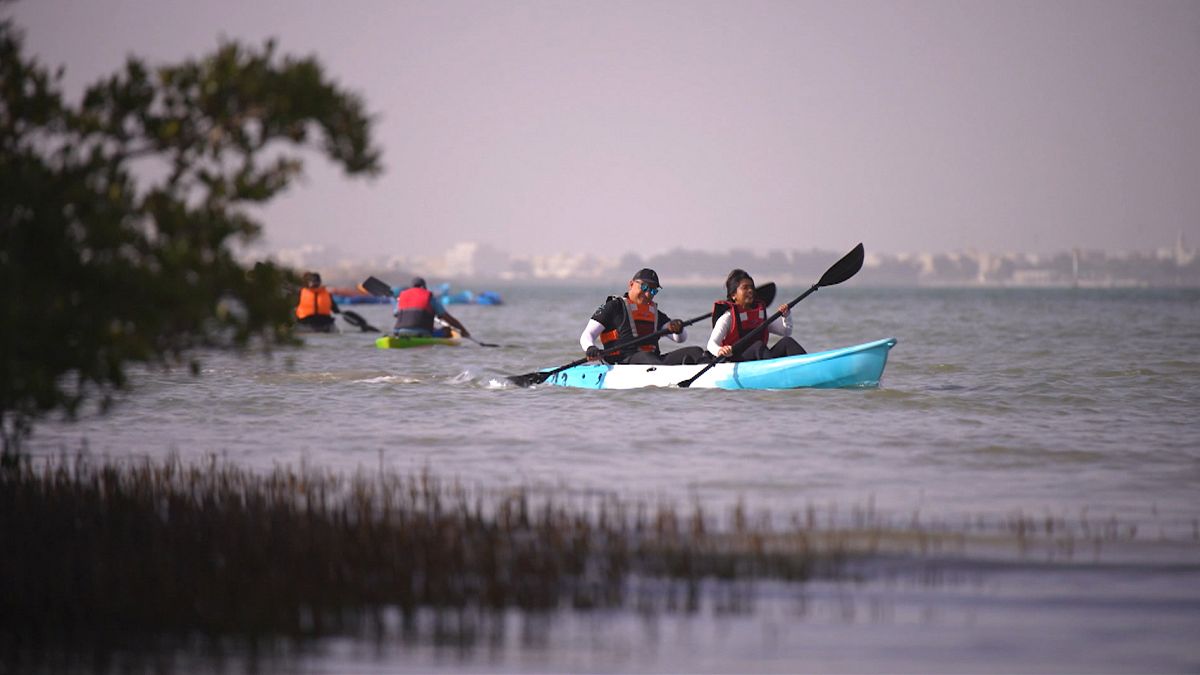International school meal initiative wins 2023 Princess Asturias award
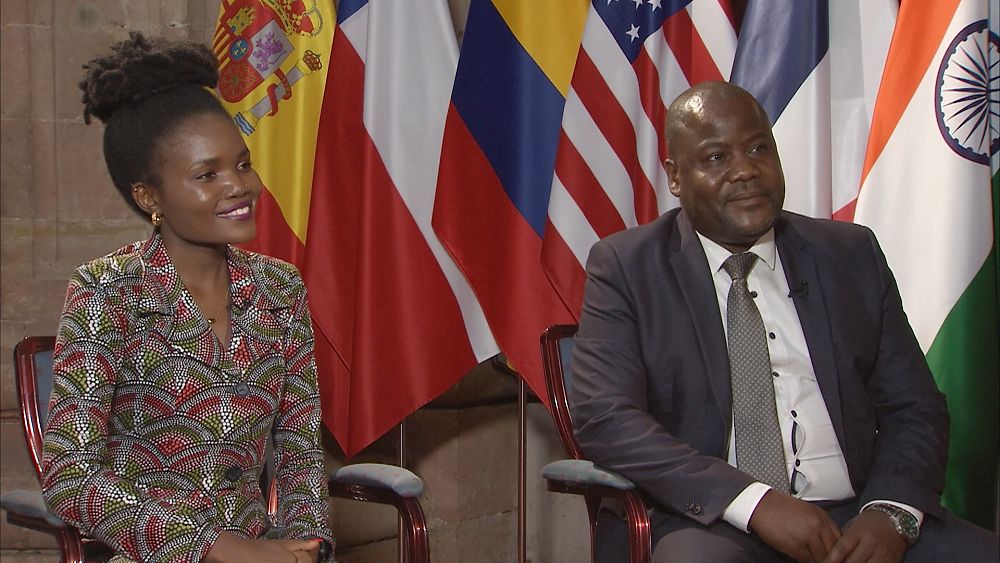
Mary’s Meals is a non-profit organization based in the little Scottish town of Dalmally. Operating in 18 countries, Mary’s Meals’ main objective is to provide daily meals to school children. This year, the initiative won the Princess of Asturias Concord Award for its work and we went to meet them.
I’m Charlotte Lam, here in Oviedo Spain, for the 2023 Princess of Asturias Awards.
Today we’re talking to the winners in the ‘Concord’ category – Mary’s Meals, a non-profit organization based in the little Scottish town of Dalmally but the founder’s big heart, means it has an even bigger reach.
Mary’s Meals’ main objective is to provide daily meals to school children. It operates in eighteen of the poorest countries in the world.
Joining me now are two of Mary’s Meals African directors – Amina Iddy Swedi, from Kenya and Panji Chipson Kajani, from Zambia.
Welcome to Euronews. First of all, congratulations. How does it feel to be recognised for such a prestigious award here in Spain?
Panji Chipson Kajani Mary’s Meals Zambia Director: At Mary’s Meals, we feel very honoured and we are humbled to be recognised for the Concord Award. We don’t take it for granted, it’s because of all of the support we get from all over the world, from different types of people.
Amina Iddy Swedi, Mary’s Meals Kenya Director: Just to add to what Panji said, I am also excited. The word concord means bringing people together and when you look at the model of Mary’s Meals, we work with communities and volunteers so I’m so excited because it is aligned with the name ‘concord’. I am glad to be here.
Charlotte Lam, Euronews: Now, the origins story of Mary’s is quite remarkable.CEO Magnus MacFarlane-Barrow was moved by what he saw unfolding in Bosnia in the 90s so he collected aid with his brother and they delivered it themselves to Bosnia. I want to know, what drew you to Mary’s and this line of work?
Amina Iddy Swedi, Mary’s Meals Kenya Director: Mary’s Meals has a very clear vision which is to provide one meal at a place of education. Normally when I am asked that question, I turn it around and say ‘What has made me stay after all these years?’ Where I am working at the moment in Kenya, it is a place that has been marginalised for many years. I’ve been able to see the impact in real time, since 2018 when we started in that particular region to now, so I’m really honoured to be with Mary’s Meals.
Charlotte Lam, Euronews: And you, Panji?
Panji Chipson Kajani Mary’s Meals Zambia Director: By training, I am an educator, so I get inspired always when there are interventions that want to bring education to the children. I am also Malawian by origin and Mary’s Meals school feeding started in Malawi and I saw the benefits firsthand. Also, this is one of the few interventions in the world whose results can be seen almost instantly and that has kept me going for the past 12 years.
Charlotte Lam, Euronews: Well speaking of results, the awards ceremony has recognised Mary’s Meals for its “innovative and effective operating model that allows for optimal use of resources”. Talk me through, what makes this non-profit’s model different to others.
Amina Iddy Swedi, Mary’s Meals Kenya Director: We pride ourselves in anchoring everything we do in community participation, which turns into, community ownership. I would like to state a good example of the recent year 2020, when COVID happened, all the schools had been locked down, right, and so we´re working in very marginalised communities and we knew that when we came back after COVID, we’d be coming back to a dead community. So we were a bit conflicted about how we would be able to go forward. So, what happened is that we partnered with the community. They were the ones who came up with a model that allowed us to continue to feed while the children were at home.
Charlotte Lam, Euronews: Well, that brings me to my next question. Panji, it’s been a tough couple of years globally. We know high levels of inflation and increased costs of living are contributing to worldwide hunger. How have recent global events, from the pandemic to the war in Ukraine, changed or impacted the mission of Mary’s Meals?
Panji Chipson Kajani Mary’s Meals Zambia Director: Fortunately because of the low-cost model we use and the good stewardship we have applied to the resources that we get, even though there has been this turbulence in the global economy, people still trusted us and because they still trust us, they still come forward with these little gifts and when we get them, we are still able to give our promise to the children. So, we are so grateful to people from all over the world for still trusting us even with the turbulence in the economy globally
Charlotte Lam, Euronews: The plight of food insecurity is increasing around the world. Even as we speak, there is a humanitarian crisis unfolding in the Middle East, so I want to know about the future of Mary’s Meals.
Amina Iddy Swedi, Mary’s Meals Kenya Director: Right now, in this space that we’re in, I’m glad you mentioned that. Crises and inflation are happening and our priority at Mary’s Meals is to keep the promise to the children we currently feed so we try and do that as much as possible. So for example, this year we experienced high inflation in food but our focus has been to keep the promise to these children. Our focus is also to grow, but our priority is to keep our promise to the children we currently feed at the moment.
Panji Chipson Kajani Mary’s Meals Zambia Director: So just to add to what Amina says, Mary’s Meals is a needs-focused programme. We recognise that there are a lot of children in need of food out there and because of that, we have to have a robust way of targeting so we can reach the most vulnerable. We believe that at the moment, we are reaching the most vulnerable. Because we want to reach the most vulnerable, we are continuously assessing and reassessing so, if there are opportunities and there are resources, indeed, we should reach those in need, like the situation we are talking about in Gaza. We do not have immediate plans to go there now but we are monitoring the situation very, very closely.
Charlotte Lam, Euronews: My last question is: with global issues like world hunger, there can be fatigue among those who aren’t directly impacted. They know it exists but not necessarily in their sphere. So does Mary’s Meals and how do you both individually, keep it at the forefront of the wider public’s mind?
Amina Iddy Swedi, Mary’s Meals Kenya Director: Our fundraising structure focuses on the grassroots people so individual donors like you and I, and we’ve seen sustainability in that as opposed to focusing mostly on institutional donors. We’ve seen that they get fatigued pretty quickly. So we have seen that our model of fundraising, really sees to it that we can be able to continue to inspire and you know, there is limited donor fatigue when you look at it that way.
Panji Chipson Kajani Mary’s Meals Zambia Director: The journey starts with one step but can end with thousands of miles. So what we desire is that we share this story. The story of joy, the story of joy that comes with school feeding. Feeding plus education is equal to hope and when we share that story, we create disciples like yourself and you go and create disciples like us. By continuously doing that, we are reinvigorating each other now and again to deal with the problem of fatigue.
Charlotte Lam, Euronews: And what a note to end on, Mary’s Meals African directors, Amina Iddy Swedi and Panji Chipson Kajani, congratulations once again and thank you so much for joining me on Euronews.
Source: Euro News


